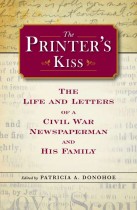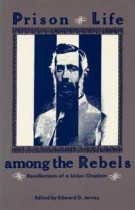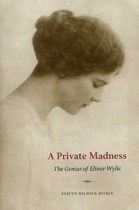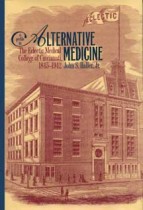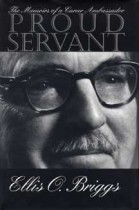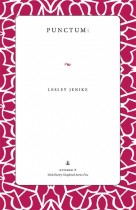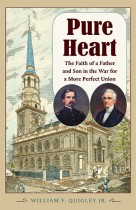Primer for Non-Native Speakers
Philip Metres | Filed under: Poetry, Wick Chapbook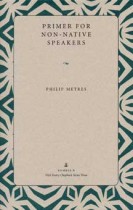
“After reading Primer for Non-Native Speakers, I feel like I’ve just come back from a trip to Russia. Philip Metres’s brilliantly compressed lyrical narratives capture the grandeur and the bleakness of an almost mythological country, where a bronze statue of the great poet Pushkin now gazes out on the golden arches, and the swear of a slammed door is more expressive than a mouthful of words. These are subtle, accomplished, shimmering poems that explore the nuances of being an outsider in a language.”—Maura Stanton

